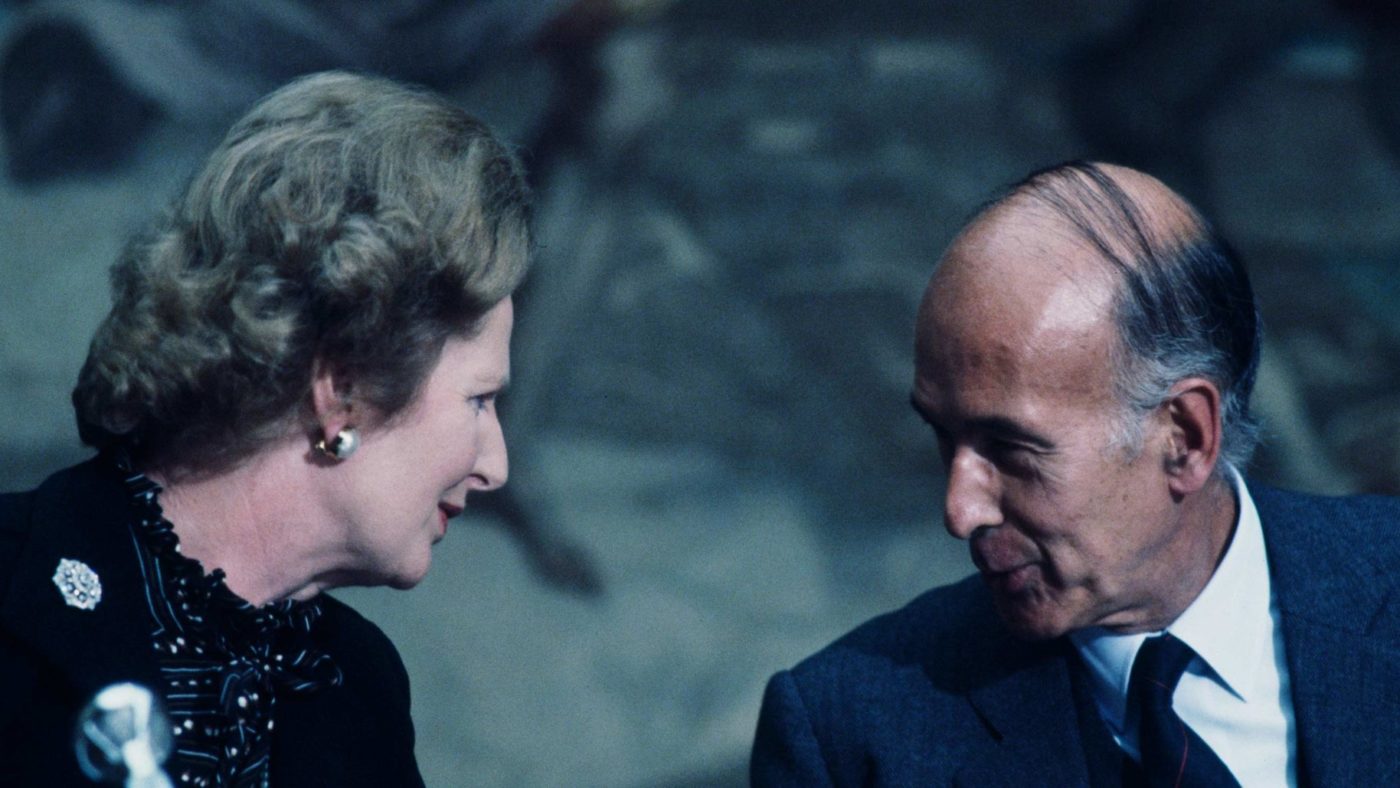The conservative tradition in political thought has a great deal of wisdom, even if sometimes it’s well-hidden. It’s certainly hard to find any redeeming feature of comments this morning by Gavin Williamson, the education secretary, in an interview with LBC radio. Williamson declared that “we’re a much better country” than France, Belgium and the United States. Even allowing that he may have an idiosyncratic sense of humour, and that the development of Covid-19 vaccines (by international collaboration, by the way, not national genius) is a cause for admiration, Williamson’s comment betrays a boneheaded nativism that has little in common with the best elements of modern conservatism.
Those are worth bringing out and learning from – even for people like me who are not conservative by politics or disposition. There is a stark division between conservative instincts that are open and tolerant, and those that are nationalistic and authoritarian. I hope the breach becomes wider rather than being obscured or ignored.
As it happens, one prominent example of the more internationalist variant of conservative thinking was Valéry Giscard d’Estaing, the former French president, who died yesterday at the age of 94. I met him just once, and had the honour of taking part in a debate with him on the future of Europe. Regardless of all current debates on economics and trade, Giscard’s commitment to European integration was born of a keen sense of history and of the destructiveness of national rivalries.
It’s a historical quirk that, supposing the French Fifth Republic operated the same criteria for head of state as the USA, Giscard could never have become President. The reason is that he wasn’t born in France. He was born in Germany, where his father – a civil servant – was helping administer the peace agreement that concluded the First World War. That punitive settlement was, as John Maynard Keynes described it, a Carthaginian peace. It laid the ground for the rise of extremism and xenophobia in Germany, and the myth of the “stab in the back” by constitutional politicians, in the two decades that followed.
You cannot understand the development of post-1945 political structures in Europe without noting the lessons drawn from the catastrophic history of allowing historical grievances to foster bigotry. Giscard and Helmut Schmidt, the then German chancellor, famously proposed linking the French franc and other European currencies to the Deutsche Mark not as some nefarious scheme for German dominance, or even as a technical issue of exchange-rate management, but to promote international comity. The European Monetary System that resulted has become a durable feature of Conservative demonology since Britain left it amid crisis in 1992, but there was a strong conservative case for it (it’s a mistake to believe that economic liberalism requires floating exchange rates) and it actually helped Britain contend with a stubborn inflationary problem.
More recently, the political right has been divided over the Trump administration. Many prominent conservatives refused to back President Trump’s re-election bid, and it’s hard to see how they can be faulted on grounds of ideological consistency. Since President Truman wisely committed the US to the postwar transatlantic alliance to deter Soviet aggression, successive US Presidents have seen the value of allies and the importance of collective security. Trump does not. An economic approach of mercantilism and closed borders destroys wealth and curbs liberty. It’s encouraging that large numbers of former public officials who’d served in Republican administrations – an example is my old friend Colleen Graffy, who served in the George W Bush administration – chose to publicly endorse Joe Biden in last month’s presidential election.
In Britain, however, the voices of isolationism and authoritarianism in the Conservative cause are stronger than they ought to be. It’s all very well for me to say this: I’m a liberal, and I’ve almost always (though not in the last election, owing to the Corbyn leadership) voted Labour. But I know the value of conservative thinking. Few modern political philosophers have matched Michael Oakeshott in understanding the nature and limits of political action. His great essay On Being Conservative bears constant rereading, with its message that “an innovation which is a response to some specific defect, one that is designed to redress some specific disequilibrium, is more desirable than one which springs from a notion of a generally improved condition of human circumstances, and is far more desirable than one generated by a vision of perfection”.
The value of conservatism lies in its understanding that politics has the capacity to make incremental improvements but also the potential to inflict great harm. Grandiose ambitions of national renaissance are in this respect as quixotic and damaging as extensive schemes of social engineering. I could wish that the Conservative Party rediscover the qualities of humility and scepticism. But on current evidence, it’s committed to visions of greatness and big government that are fated to fail, and to needlessly disrupt lives and communities in the process.
Click here to subscribe to our daily briefing – the best pieces from CapX and across the web.
CapX depends on the generosity of its readers. If you value what we do, please consider making a donation.


